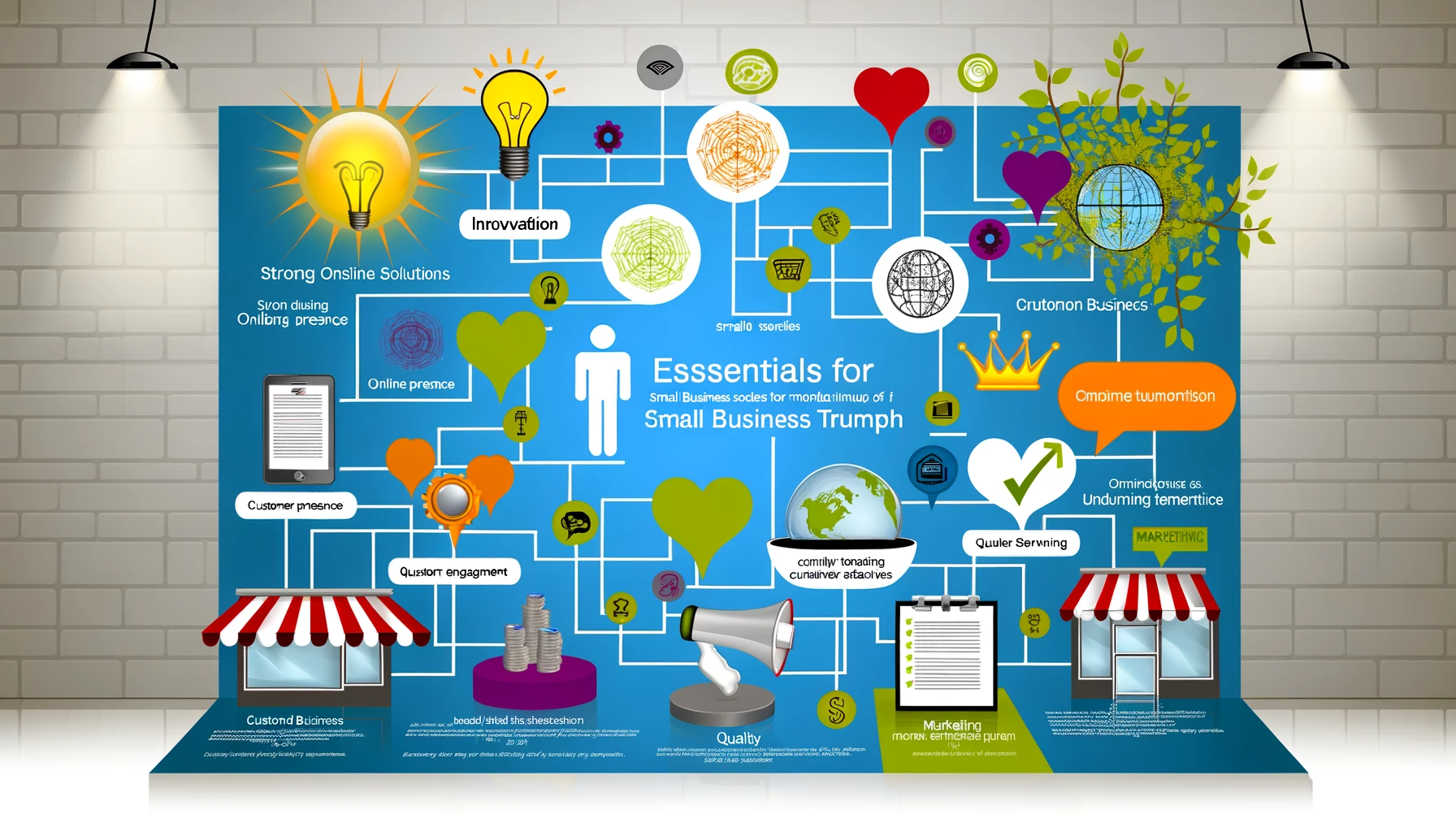Local search engine optimization (SEO) is essential for small businesses looking to attract customers in their local area. This guide explores the fundamentals of local SEO and provides essential strategies for small businesses to improve their visibility in local search results and attract more customers.
Understanding Local SEO:
Local SEO is the process of optimizing your website and online presence to improve your visibility in local search results. By optimizing your website, content, and online profiles for local keywords and geographic locations, you can attract more local customers who are actively searching for products or services in your area.
Key Elements of Local SEO:
- Google My Business: Claim and optimize your Google My Business listing, as it is a critical component of local SEO. Ensure that your listing is complete and up-to-date, including accurate business information, hours of operation, categories, and photos. Encourage satisfied customers to leave reviews and respond promptly to customer feedback.
- Local Keywords: Target local keywords and phrases in your website content, meta tags, and headings to improve your visibility in local search results. Include location-specific keywords, such as city names, neighborhoods, and landmarks, in your website copy to attract local customers searching for products or services in your area.
- On-Page Optimization: Optimize your website’s on-page elements, such as title tags, meta descriptions, and headers, to include relevant local keywords and geographic modifiers. Ensure that your website is mobile-friendly, loads quickly, and provides a seamless user experience on all devices.
- Local Citations: Build local citations by listing your business on online directories, review sites, and social media platforms. Ensure that your business information is consistent and accurate across all listings, as inconsistent or incorrect information can negatively impact your local SEO rankings.
- Local Link Building: Earn local backlinks from authoritative websites in your area, such as local news outlets, chambers of commerce, and community organizations. Participate in local events, sponsorships, and partnerships to build relationships with other businesses and organizations and earn valuable local backlinks.
- Local Content Marketing: Create content that is relevant to your local audience and addresses their specific needs, interests, and concerns. Write blog posts, articles, and guides that provide valuable information about local events, attractions, and resources, and share them on social media and local community forums.
By implementing these essential strategies and optimizing your online presence for local search, small businesses can improve their visibility, attract more local customers, and compete effectively in the local marketplace.
